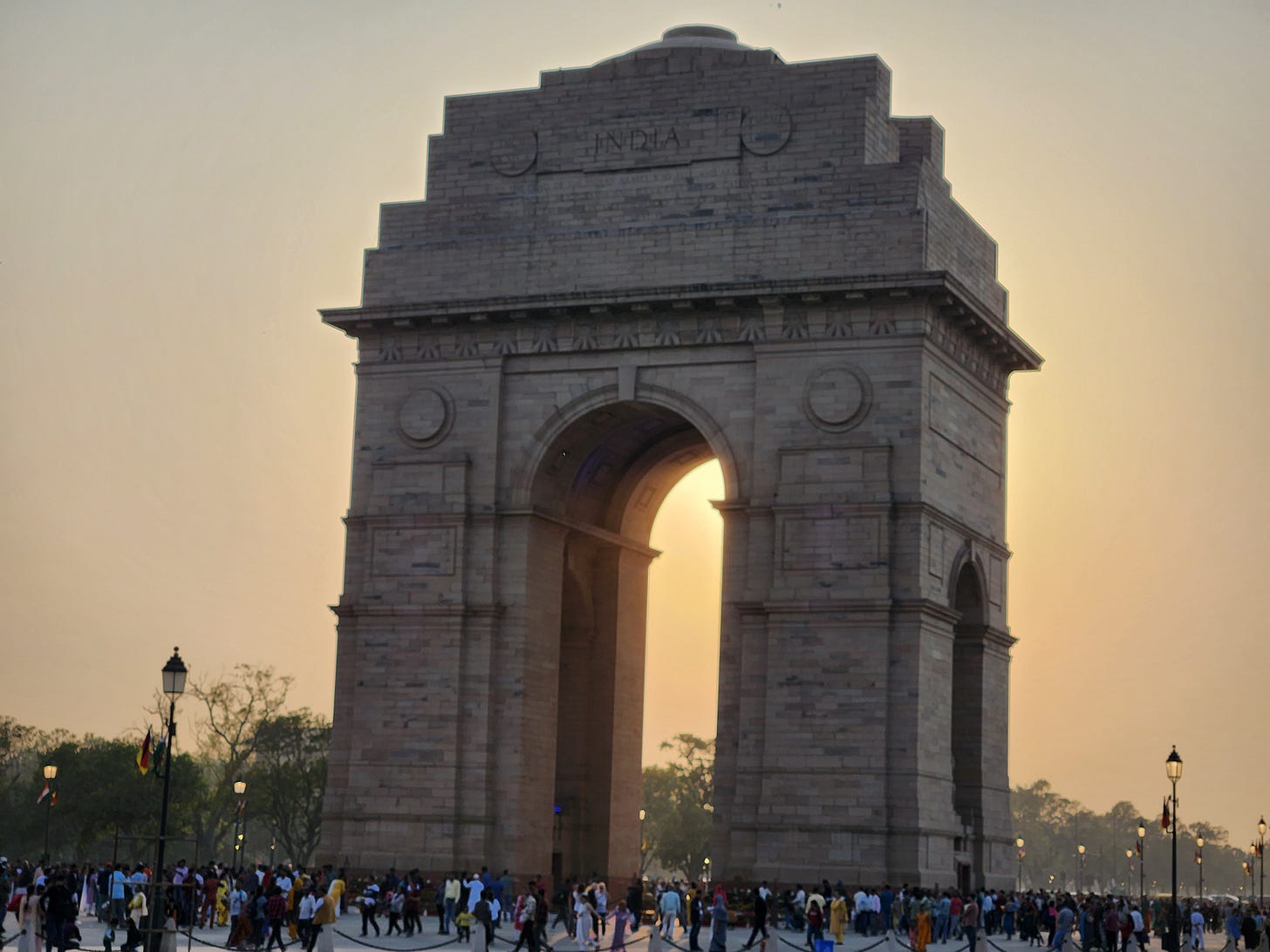Inside the V-Dem Rankings
Democracy rankings aren't all they're cracked up to be
The V-Dem Electoral Democracy Index is the primary democracy evaluation published by Sweden's Varieties of Democracy (V-Dem) Institute. It is unequivocally the world’s the best-documented and most-respected democracy ranking. In its 2022 report (based on 2021 data), V-Dem ranked India 100th in the world for Electoral Democracy, down from 65th in 2014.
But the V-Dem democracy rankings suffer from serious flaws — not only for India, but for all countries.
The V-Dem index is calculated on the basis of five sub-indices. Two of these are objectively scored based on an analysis of constitutions:
Elected Officials
Universal Suffrage
Among the 131 countries given perfect scores for "Elected Officials" were:
Belarus
Cuba
Libya
Palestine (West Bank)
Russia
Syria
Vietnam
The V-Dem documentation notes that for this sub-index "a popular election is minimally defined and also includes sham elections with limited suffrage and no competition."
Among the 174 countries given perfect scores for "Universal Suffrage" were all of the above, plus:
China
Hong Kong
Iran
North Korea
Palestine (Gaza)
Myanmar
Venezuela
The V-Dem documentation notes that this sub-index takes into account only "legal de jure restrictions, not restrictions that may be operative in practice."
Since most countries receive identical perfect scores for the two objective components of the V-Dem Index, nearly all of the differentiation among countries in their rankings derives from the three subjective components—i.e., from expert evaluations.
Three of V-Dem's sub-indices are subjectively scored based on expert evaluations:
Clean Elections
Freedom of Association
Freedom of Expression
India was ranked 91st in the world for "Clean Elections" in 2021, down from 59th in 2014. V-Dem rates the 2019 elections in India as less "free and fair" than the 2021 Legislative Council elections in Hong Kong and only marginally better than the 2021 National Assembly elections in Vietnam..
In V-Dem's estimation, India's electoral system in 2019, 2020, and 2021 was substantially less "free and fair" than at the height of the Emergency in 1976, when elections were suspended and more than 100,000 of the government's political opponents were imprisoned without trial.
India was ranked 114th in the world for "Freedom of Association" in 2021, down from 92nd in 2014. The repression of civil society in India today was characterized as falling between "Mugabe's Zimbabwe" and "Franco's Spain."
India was ranked 119th in the world for "Freedom of Expression" in 2021, down from 61st in 2014. Government censorship of the press was characterized as being roughly on a par with that in Iran.
Read the full report at:
Watch my India Today interview with Gaurav Sawant at:
Key take-aways:
(1) The Varieties of Democracy Institute has always ranked India's democracy relatively poorly because its objective sub-indices in effect give India no credit for its objectively strong representative democracy based on genuine universal suffrage.
(2) The recent downgrading of Indian democracy by V-Dem has been driven entirely by subjective expert evaluations that rate India's electoral environment today as worse than at the height of the Emergency.
(3) V-Dem's electoral indicators fail to differentiate between genuine and "sham" democracies, with the result that one-party dictatorships can and often do score higher than real democracies for the quality of their elections.


